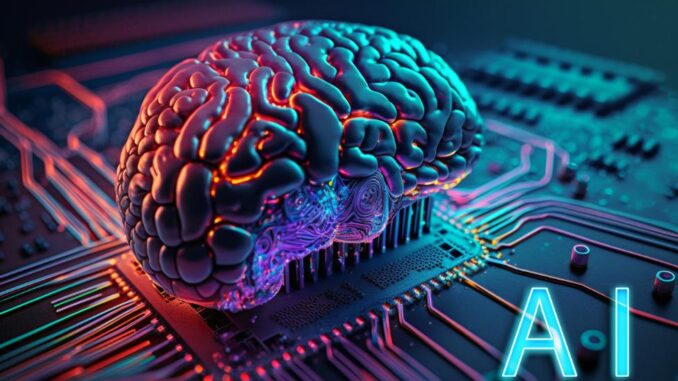
Creating a better future for all with AI involves several key principles and actions that prioritize ethical development, inclusivity, transparency, and sustainability. Here are some essential aspects to consider:
### 1. **Ethical AI Development** – **Fairness:** Ensure AI systems are designed to avoid bias and discrimination, promoting equal opportunities for all individuals.








– **Accountability:** Establish clear lines of responsibility for AI outcomes, ensuring that individuals and organizations are held accountable for the impact of their systems.
– **Transparency:** Maintain openness about how AI systems work, including the data they use and the decision-making processes behind them.
### 2. **Inclusivity**
– **Diverse Representation:** Involve a diverse range of voices in the design and implementation of AI systems to address the needs and concerns of different communities.
– **Accessibility:** Ensure that AI technologies are accessible to all, including underrepresented and marginalized groups, to enhance their quality of life.
### 3. **Sustainability**
– **Environmental Responsibility:** Focus on developing energy-efficient AI technologies that minimize their carbon footprint and environmental impact.
– **Long-term Thinking:** Aim for solutions that consider the long-term effects of AI on society and the planet, promoting responsible usage.
### 4. **Education and Awareness**
– **Public Understanding:** Foster a deep understanding of AI among the public to demystify the technology and promote informed discussions about its implications.
– **Skill Development:** Invest in education and training programs to equip individuals with the skills needed to thrive in an AI-driven economy.
### 5. **Collaboration and Regulation**
– **Multi-Stakeholder Collaboration:** Encourage collaboration among governments, industries, academia, and civil society to create standards and best practices for AI development and use.
– **Regulatory Frameworks:** Develop regulatory policies that ensure AI technologies are used ethically and responsibly, while still encouraging innovation.
### 6. **Human-Centric Approach**
– **Empowerment:** Use AI to empower individuals and communities, enhancing their capabilities rather than replacing them.
– **Quality of Life:** Focus on how AI can improve everyday life, from healthcare to education to sustainable practices.
### Conclusion
The future of AI holds immense potential for improving lives and addressing global challenges. By prioritizing ethical development, inclusivity, sustainability, and collaborative governance, we can create a future where AI is a force for good, benefiting all of humanity. Engaging in conversations about the responsible use of AI today will shape the ecosystems of tomorrow, ensuring that technology works for everyone, not just a select few.

Leave a Reply